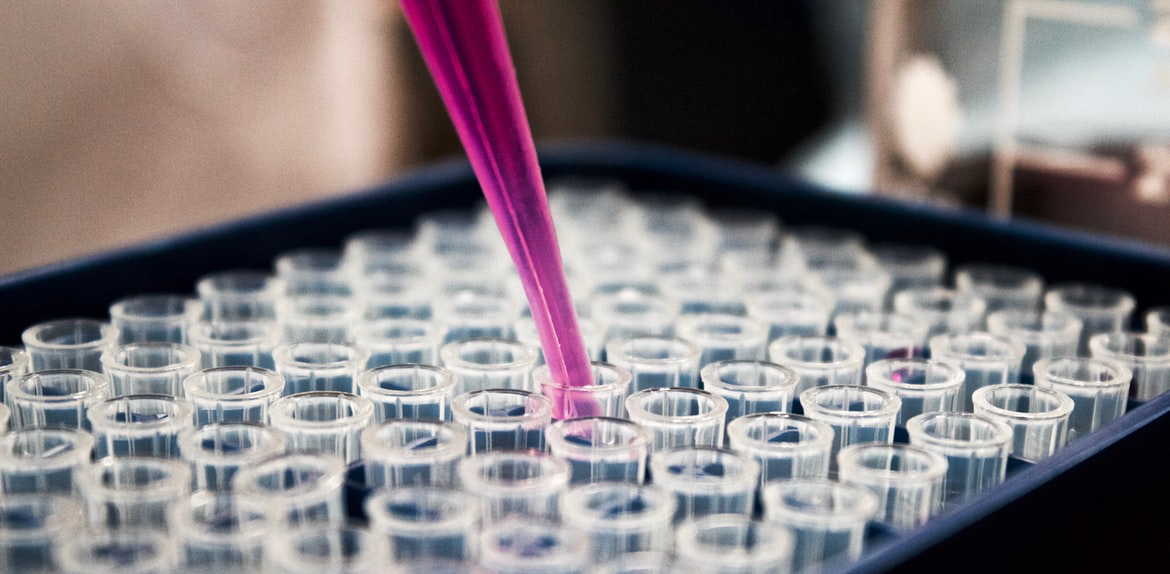
Clinical research and trials
Research and clinical trials are taking place around the world, trying to find and improve treatments for MS
Last updated: 15th October 2019
What is a clinical trial?
A clinical trial is a type of research study that compares the effects of “health interventions” on people – most commonly new drugs or treatments. However, they may also examine the effects of other health interventions such as diagnostic methods, surgeries or procedures, technological devices and educational methods. Clinical trials are the most reliable way of showing whether a new intervention is safe, effective or better than what is already available.
What are the clinical trial phases?
If the pre-clinical laboratory based studies (typically involving human cells or animals) have shown promising results, the health intervention may go to trial stage. Trials have to progress through a set sequence of four “phases” to ensure the data collected is reliable and all those taking part are protected. Testing can be stopped at any time in any phase to ensure the safety of participants.
Phase 1 (1 year+)
A phase 1 trial involves a small number of volunteers (20-80) that may or may not have MS. The aim is to see if a potential treatment is safe for people to use.
Phase 2 (1-3 years+)
Once researchers are satisfied that a treatment is likely to be safe in people, it can be taken into a phase 2 trial. This involves a bigger group of people who have MS (100-300), and aims to measure safety and effectiveness. The drug is compared to a placebo (dummy drug) or one that’s already available. Phase 2 trials are used to develop the best dosage, and this is taken forward to be studied in phase 3 trials.
Phase 3 (2-3 years+)
If phase 2 results show that a treatment is safe and has a positive effect in people with MS, it can be taken through to a phase 3 trial. The treatment now needs to be tested in an even bigger group of people with MS (1,000-3,000) to confirm its effectiveness, monitor side effects, and collect information that will allow the treatment to be used safely. The treatment is compared to a placebo or, if possible, an existing treatment. The trial can be carried out at multiple clinical sites across different countries.
Phase 4
Phase 4 trials take place once new medicines have passed all the previous stages and have been given marketing licences. A marketing licence means the medicine can be made available on prescription. The safety, side effects and effectiveness of the treatment continue to be studied while it’s being used in practice.
What future treatments are in development?
Researchers are working hard to find new and better treatments for people with MS.
The MS Society of Canada and UK MS Society provide useful summaries of treatments that are progressing through the phases of clinical trials, for different types of MS.
There is a wide range of clinical trials taking place around the world, trying to discover new treatments or improve treatments for MS. Search the ClinicalTrials.gov website for more details, or to find clinical trials that you could take part in. You can search by eligibility criteria and/or location.
Stem cell therapies are a growing area of research in treatments for MS. There are currently several trials investigating the potential of various types of stem cells for different forms of MS. They include mesenchymal stem cell (MSCs) and haematopoietic stem cells (HSCs).
The Progressive MS Alliance is looking specifically at researching and developing more treatment options for people with the progressive forms of MS.
Image: Unsplash.com – Louis Reed














